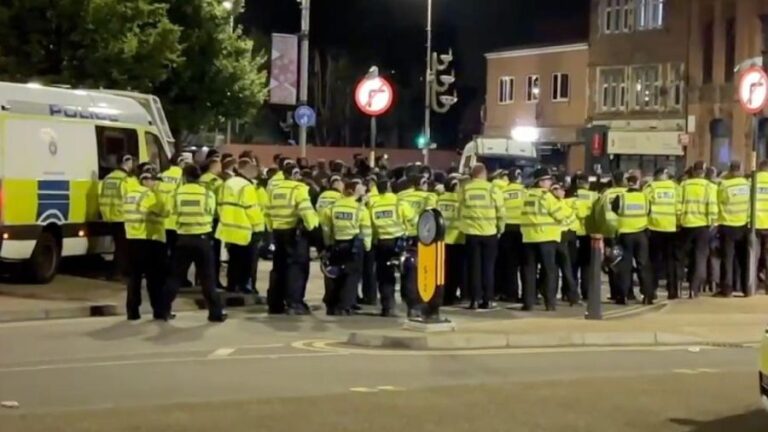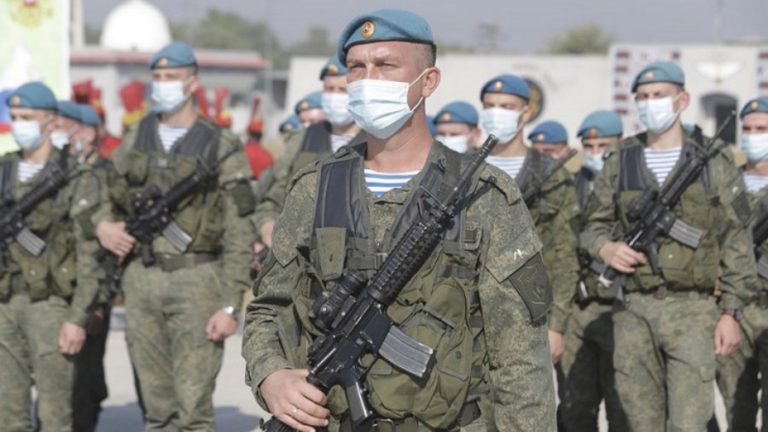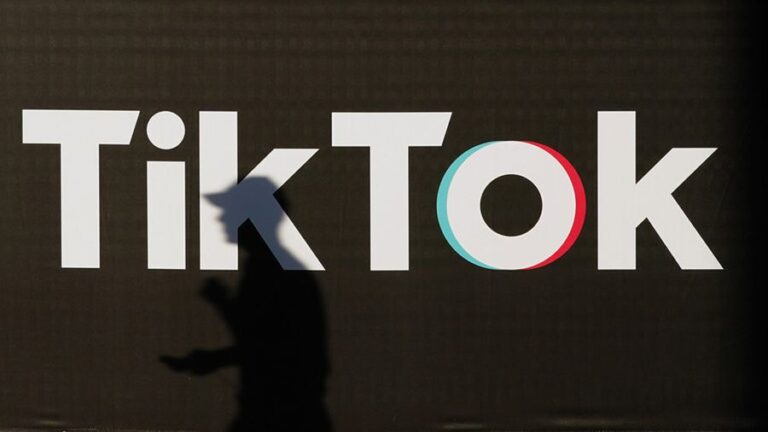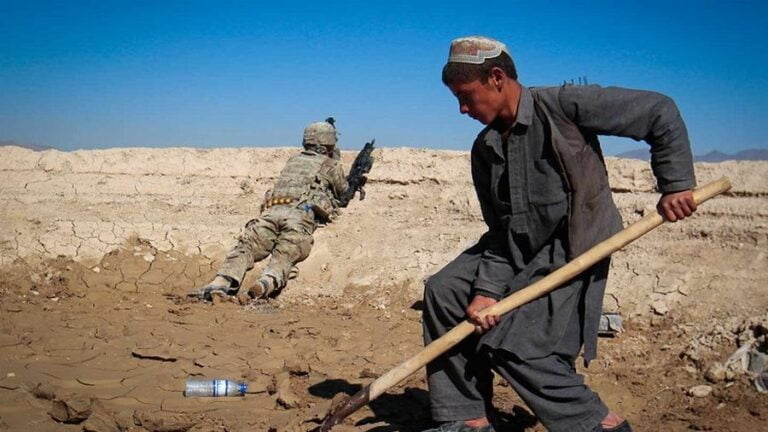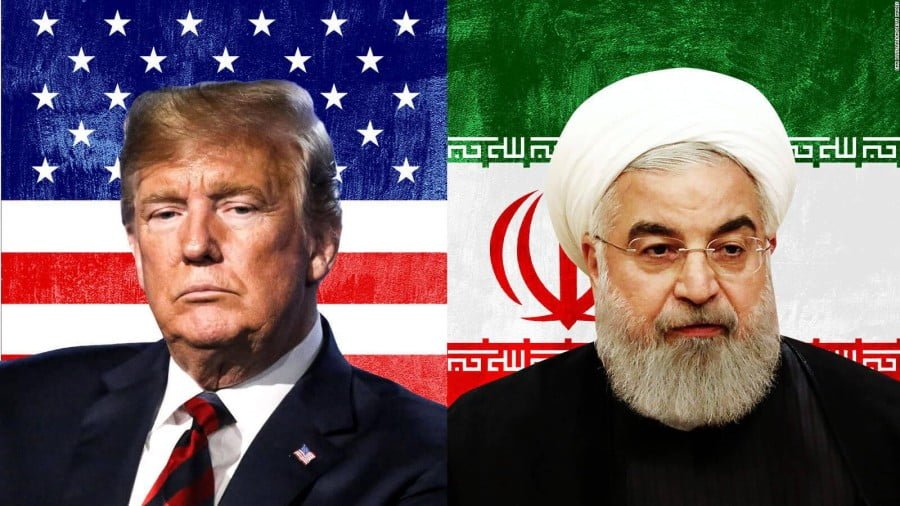NATO Membership Could Lead To The Breakup Of Bosnia & Herzegovina
The forces of Globalism in the West are actively working toward the integration of the Balkans into their sphere of influence. In relation to this, the importance of Bosnia & Herzegovina becoming a member of NATO, the EU, and the West are high on the Atlanticist agenda. But the leaders and people of Bosnia are divided on these subjects.
***
In 2010, NATO foreign ministers invited Bosnia to join the Membership Action Plan (MAP), which offers advice, assistance and practical support tailored to a state wishing to join NATO. Countries that are part of the MAP need to hand in an Annual National Plan covering political, economic, defense, resources, security and legal aspects of their preparation for possible membership (NATO 2015: MAP).
The three-member Presidency of Bosnia & Herzegovina, representing the three constitutional ethnic/religious groups of the country, unanimously decided to start a closer relationship with NATO through the MAP in 2010, but internal dissent and other challenges were dragging out the process. Debate was necessary given that a possible future NATO membership would have a profound impact on the policies, security, politics, economy and foreign relations of Bosnia.
By early October 2018, Bosnia was nonetheless given the green light to become part of MAP, but there has already been some issues connected with the Annual National Plan.
On December 24th 2019, Bosnia & Herzegovina submitted a Reform Program plan, which some claim is the Annual National Plan in anything but name, which reaffirmed the country’s continued commitment to cooperation with NATO. In Republika Srpska, this plan was opposed by local political representatives, arguing they were against any form of commitment to NATO membership and instead called for military neutrality (ST: Jan 24, 2020).
Being a NATO member requires a commitment to the ideology of liberal democracy and values such as “universal human rights”, free market capitalism and support for American hegemony. The original idea behind the NATO alliance was the collective defense of Western liberal democracies against Soviet Communist internationalism. After the collapse of the Soviet Union, NATO’s role changed into one of enforcing these “universal human rights” through military campaigns and regime changes euphemistically called “humanitarian interventions” against sovereign countries viewed to be violating these “universal rights” and values. In Bosnia, such an intervention, named “Operation Deliberate Force”, was initiated against Yugoslavia and the Serbian people after an execution of Bosnian Muslims in Srebrenica, July 1995.
As a result of “Operation Deliberate Force”, Bosnian Serbs, who are primarily settled in the north and east of the country, have an unfavorable opinion towards becoming a NATO member. According to a study from 2018, only 10% of Bosnian Serbs are in favor of NATO membership, compared to 84% for Bosnian Muslims and 75% for Bosnian Croats (EF: Sep 28, 2018). The President of the Republika Srpska, Milorad Dodik, recently stated that, “The Republic of Srpska has the intention to have any decision regarding the military integration with NATO be the subject of a referendum for the people to decide.” Concerning his own stance on the issue, he said “If we would forget that they bombed us, then we would justify it,” (TST: Jan 13, 2020).
Bosnia has already supplied personnel for a NATO international military operation. In 2009, three years after the Armed Forces of Bosnia & Hercegovina were integrated into a single army, Bosnia deployed a number of officers to the International Security Assistance Force in Afghanistan.
Some experts believe that there will be no change in attitude within Republika Srpska until neighboring Serbia decides whether or not to join NATO. According to polls in Serbia, the number of Serbs against joining NATO is 89% (Bjelotomic: Jun 12, 2019). Nor are Serbs in Serbia and Republika Srpska indifferent to the attitude of Russia on this matter. Russia, being a historical ally of the Serbian people and a fellow Orthodox Christian Slavic nation, is very critical of NATO’s expansion in Eastern Europe and the Balkans, which it views as a threat to its own geopolitical interests. Russia’s Foreign Minister Sergei Lavrov has commented that: “With regards to the expansion of NATO [in the Balkans], I see it as a mistake, even a provocation […] This is, in a way, an irresponsible policy that undermines the determination to build a system of equal and shared security in Europe, equal for everyone regardless of whether a country is a member of this or that bloc.” (Sito-Sucic: Sep 29, 2014).
Right now there’s a heated political debate in Republika Srpska since Milorad Dodik called for a secession of the Serb entity from the Bosnian state due to disagreements with the Constitutional Court earlier in 2020, which he claims has broken the Dayton Agreement that has kept the country together since 1995. That the Muslims and Croats in the Federation of Bosnia & Herzegovina want to pull the country “West” towards NATO and the EU despite the wishes of the Bosnian Serbs is leading to a situation which cannot last. History has not come to an end and the Serbian people might yet prove themselves as the driving force against Occidentalism and Atlanticism in the Balkans. As the popular Serbian motto goes: “само слога Србина спасава!” (“Only Unity Saves the Serbs!”).
Sources:
Bjelotomic, Snezana. “Survey: 89% of Serbian citizens against their country joining NATO ” Serbian Monitor. Jun 12, 2019. Web. Feb 18, 2020. https://www.serbianmonitor.com/en/survey-89-serbian-citizens-against-their-country-joining-nato/
“Dodik: The Republic of Srpska will decide on NATO integration through a referendum” The Srpska Times (TST), Jan 13, 2020. Web. Feb 18, 2020. http://thesrpskatimes.com/dodik-republika-srpska-will-decide-on-nato-integration-through-a-referendum/
“Elections in Bosnia-Herzegovina: fear of fraud” European Forum (EF). Sep 28, 2018. Web. Feb 18, 2020. https://www.europeanforum.net/headlines/elections-in-bosnia-herzegovina-fear-of-fraud
NATO (2015). Membership Action Plan (MAP). Web: http://www.nato.int/cps/en/natolive/topics_37356.htm
“Reform Program submitted is a good Basis for continuing NATO-Bosnia-Herzegovina Cooperation” Sarajevo Times (ST). Jan 24, 2020. Web. Feb 18, 2020. https://www.sarajevotimes.com/reform-program-submitted-is-a-good-basis-for-continuing-nato-bosnia-herzegovina-cooperation/
Sito-Sucic, Daria. “NATO’s planned Balkan expansion a ‘provokation’: Russia’s Lavrov” Reuters. Sep 29, 2014. Web. Feb 18, 2020. http://www.reuters.com/article/us-nato-balkans-russia-idUSKCN0HO11W20140929
By Mads Jacobsen
Source: One World


